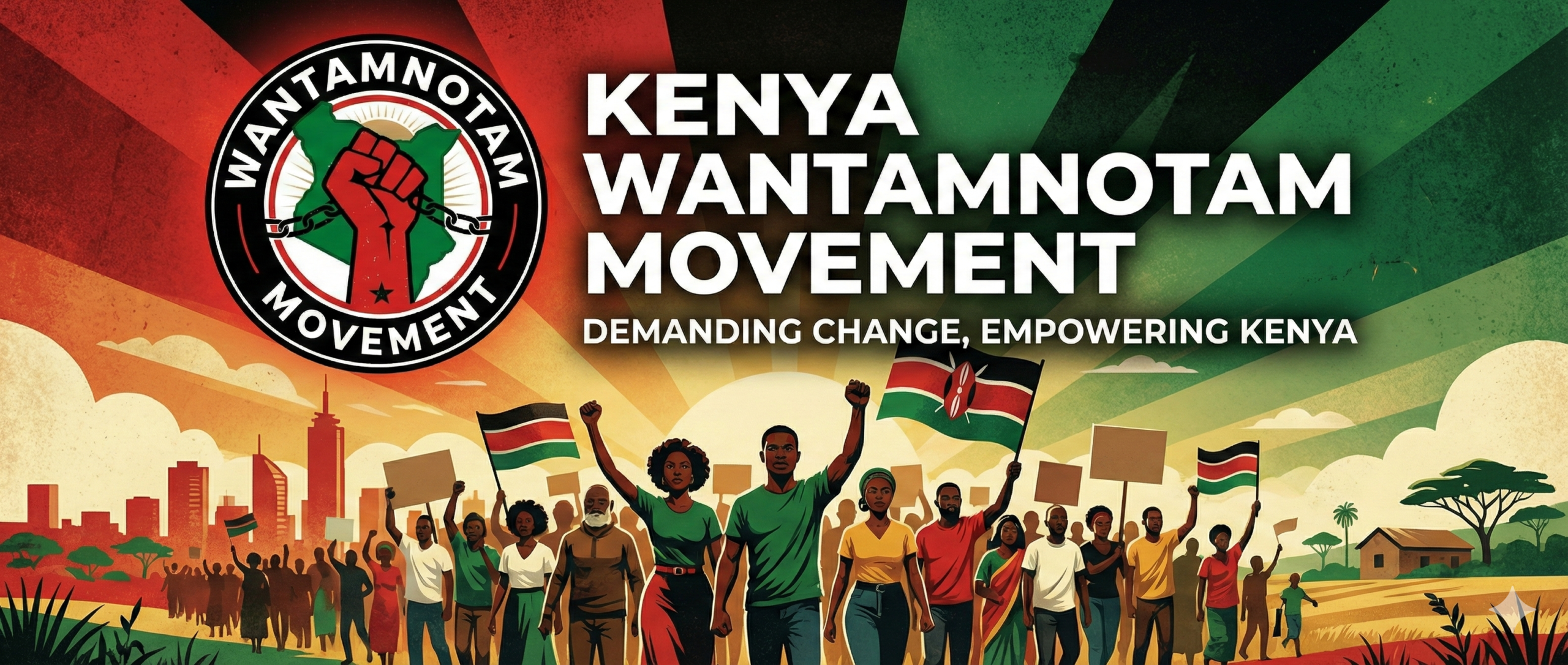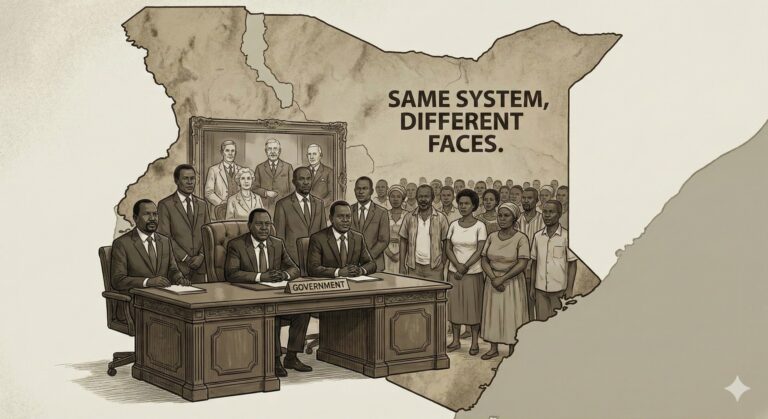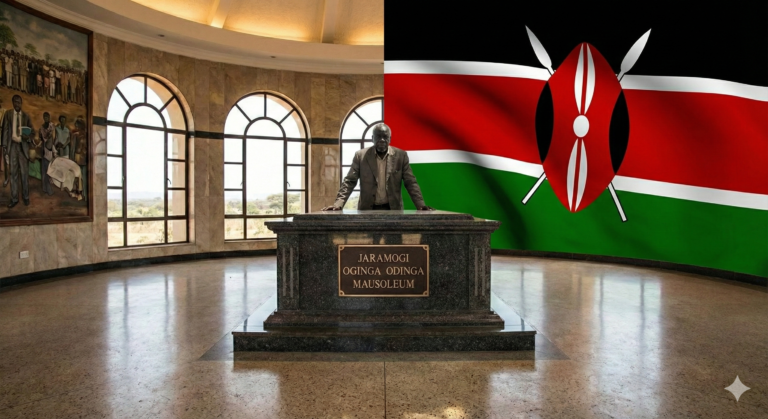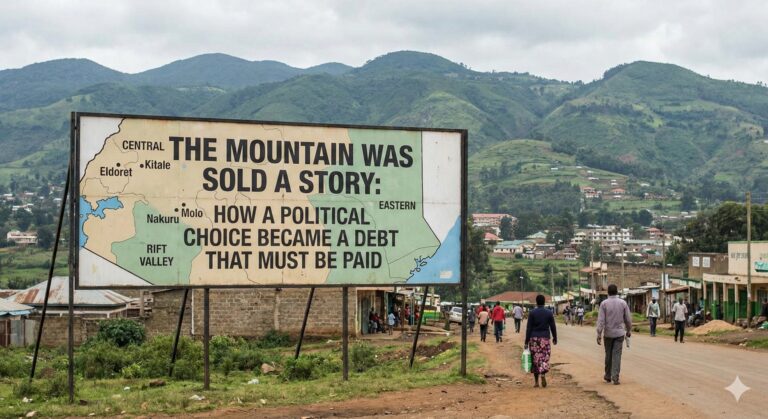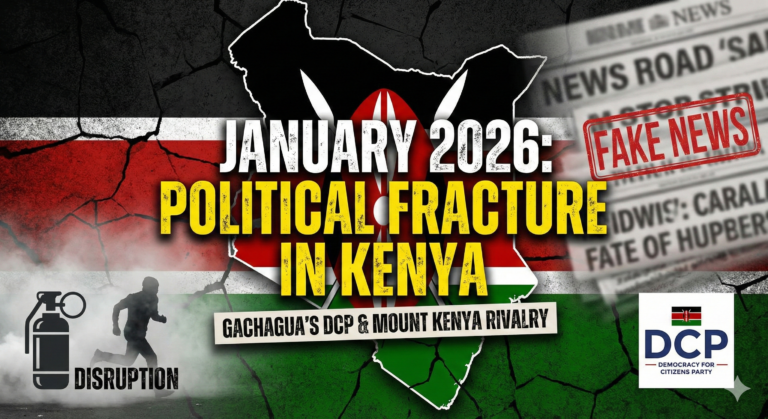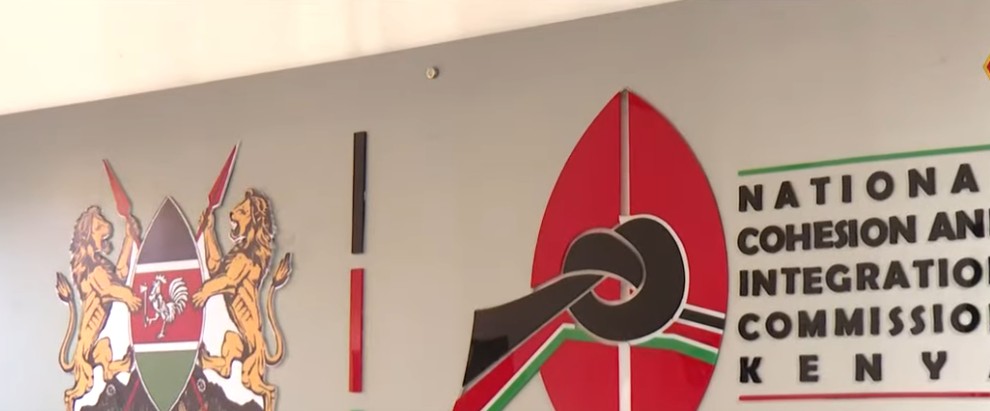
You Fund It. They Waste It. Welcome to the NCIC.
Let’s get this straight: Kenya is a nation bleeding from tribal wounds, hate speech, political incitement, and election-related violence. And yet, the very commission mandated to monitor and prevent these threats—the National Cohesion and Integration Commission (NCIC)—has turned into a comfortable, taxpayer-funded retirement club for politically connected elites.
You pay for it. They do nothing.
Kenya deserves answers. Kenya deserves accountability. But year after year, the NCIC delivers nothing but press releases, meaningless conferences, and hashtags. This is not just bureaucratic failure—it’s an insult to every Kenyan who believes in national unity.
What Is the NCIC Supposed to Do?
The NCIC was established after the 2007-2008 post-election violence, a dark chapter that saw more than 1,000 Kenyans killed and hundreds of thousands displaced. The commission’s mission was clear:
- Promote national cohesion and integration.
- Prevent and respond to ethnic hatred and incitement.
- Monitor and curb hate speech both online and offline.
- Hold politicians and citizens accountable for fueling division.
Sounds like an important job, right?
But here’s the uncomfortable truth: the NCIC has failed at every one of those mandates. It has become a shell, a public relations machine that issues statements after the damage is done.
When Has NCIC Ever Taken Action?
Think about it.
- When tribal clashes break out in Marsabit, Kisii, Sondu, or Baringo, what does the NCIC do? Issue a “strongly worded” statement after the blood has been spilled.
- When politicians spew toxic tribal rhetoric on campaign stages, what does the NCIC do? Call a press conference. Serve tea and mandazi. Then disappear.
- When hate speech trends online before, during, or after elections, where is the NCIC? Watching in silence. Or worse, tweeting in riddles that mean nothing.
Where is the action? Where is the accountability? Where are the prosecutions?
Follow the Money—It’s Your Money
The NCIC is funded by you—the Kenyan taxpayer.
In recent budgets, the NCIC has received hundreds of millions in public funds. A large chunk of that goes into:
- Commissioners’ fat salaries and allowances
- Lavish workshops in five-star hotels
- Per diems and transport for “peace caravans”
- Empty public relations campaigns that yield no measurable impact
Let’s break it down: how many Kenyans can name a single tangible outcome from NCIC in the last five years?
Can you?
No Results. No Impact. No Shame.
While youth in Kisumu and Mathare bleed during protests, while communities in Kerio Valley live in fear of daily gunfire, and while political elites continue to weaponize tribal identity, the NCIC hosts “peace seminars” in air-conditioned conference halls in Naivasha and Mombasa.
It’s obscene.
No serious tracking. No real-time response system. No legal database. No digital enforcement. No one jailed. No one even publicly shamed. Just tweets. Lots of tweets.
The Dangerous Cost of Doing Nothing
Kenya doesn’t just have a tribalism problem—it has an institutional silence problem.
The NCIC’s failure is not just negligence. It’s dangerous.
Here’s why:
- Hate speech doesn’t wait. It spreads fast. Minutes can turn into mobs.
- Ethnic violence is rarely spontaneous. It’s stoked over time by unchecked rhetoric.
- Accountability sends a message. But when no one is punished, every inciter gets bolder.
In essence, every time the NCIC refuses to act, it greenlights future violence.
And the price is always paid in blood.
Who Really Benefits from the NCIC?
Let’s talk about who wins.
- Former PSs and senior public servants who retire into plush jobs at the NCIC.
- Political allies of the ruling elite who are rewarded with appointments.
- Consultants who run “peacebuilding programs” with no deliverables.
- Communication teams paid to craft vague, feel-good messages no one believes.
The losers?
Ordinary Kenyans. Especially the youth. Especially the poor. Especially those living in tribal flashpoints.
Because while the NCIC executives are sipping coffee in five-star venues, it’s the jobless youth in the slums and the marginalized rural communities who are manipulated and sacrificed every election cycle.
Compare That to the Real Peacebuilders
Let’s contrast this with the real heroes:
- Local elders in Tana River and West Pokot who mediate land disputes without funding.
- Youth groups in Kisumu and Mathare who use music and art to promote peace.
- Civil society watchdogs that risk arrest to expose hate speech and tribal incitement.
They work with no salaries. No vehicles. No media coverage. And certainly no billions in funding.
Yet they are the ones keeping the country together.
So again, why are we funding NCIC?
Name One Success. Just One.
Let’s challenge the NCIC and its defenders.
Can they name one inciter jailed as a result of NCIC investigations?
Can they show a map of hate speech hotspots where they intervened in time?
Can they present any report—yes, any—that led to direct government action?
If they can’t, then we must ask: what exactly are we paying them for?
The Constitution Demands More
Kenya’s Constitution demands public accountability, responsible leadership, and the protection of national values. That includes unity, dignity, and justice.
The NCIC, as a constitutional commission, is bound by law to perform.
But instead of being a watchdog, it has become a lapdog.
Instead of barking at power, it whispers.
Instead of defending Kenyans, it protects politicians.
That’s not just failure. That’s betrayal.
Time to Dismantle the Illusion
It’s time we stop pretending the NCIC is working.
- If it cannot track online hate speech in real-time, it has no use.
- If it cannot name and shame inciters, it is part of the problem.
- If it cannot push for prosecution of tribal warlords, then it is enabling them.
This is not about tweaking strategy or writing new policy papers.
It’s about gutting the rot. Now.
What Should Replace NCIC?
If we’re going to disband the NCIC—and we should—what should replace it?
Here’s what Kenya actually needs:
1. A Real-Time Digital Hate Speech Monitoring System
AI and human moderation teams that actively track online incitement, map trends, and flag threats for immediate legal follow-up.
2. An Independent Hate Crimes Prosecution Unit
Under the DPP or Judiciary, free from political interference. One that prosecutes hate speech as a serious criminal offense.
3. Community-Led Peace Hubs
Fund local peace ambassadors. Empower elders. Support youth initiatives. These grassroots systems are already working. Scale them.
4. Transparent Public Accountability Mechanism
Monthly reports. Real-time dashboards. Public hearings. Let Kenyans see the data. If there’s hate speech, show who, where, and what action was taken.
5. Harsh Penalties for Politicians Who Incite
Automatic disqualification from public office. Hefty fines. Public blacklists. There must be real cost for those who divide the nation.
Kenyans Must Demand More
We’ve been too quiet for too long.
We’ve accepted mediocrity disguised as governance.
We’ve let commissions like NCIC exist in shadows, consuming billions while giving us nothing in return.
That has to end.
What Can You Do?
- Speak out. Share your experience, your questions, your anger.
- Demand transparency. Ask your MP what NCIC has achieved in your region.
- Organize forums. Let your community know their tax money is being wasted.
- Call for reform. Push for legislation that either reforms or disbands NCIC entirely.
Kenya’s survival as a united nation depends on rejecting these expensive distractions and investing in institutions that actually deliver.
The Final Word: Silence Is Complicity
Let’s call it what it is: the NCIC is a well-funded fraud.
It masquerades as a peacekeeper, while peace is negotiated in dusty villages by unpaid volunteers.
It pretends to be a watchdog, while barking only when convenient.
It was created to prevent another 2007—but if anything, its existence today increases the chances of a repeat.
Because when a system tolerates hate, the hate doesn’t just simmer—it explodes.
And when the NCIC stays silent, it’s not neutral. It’s complicit.
So we ask, as every citizen should:
Why do we keep paying billions to a commission that does nothing while our country burns?
Disband it. Replace it. Or force it to work like your life depends on it—because it does.
CLICK HERE:Listen To WANTAMNOTAM PODCAST AND TAKE ACTION
